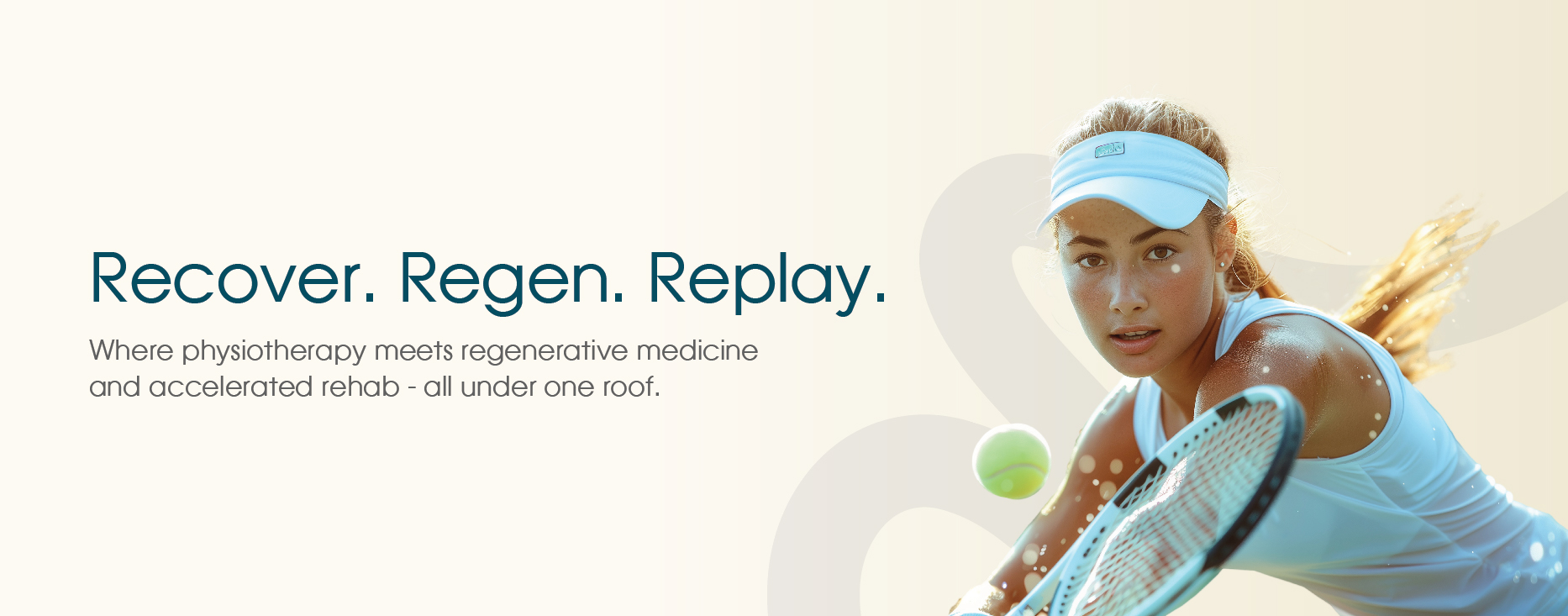Rotator Cuff Tear
What is a rotator cuff tear?
The Rotator cuff forms a group of four important internal muscles around the shoulder joint.
This “cuff” tendon tears are a common condition of middle age and can be acute as a result of sporting injury, or chronic as a result of overuse (and common in workers who lift or have repetitive tasks).
Frequently patients may have a “combination” injuries (ie acute and chronic tear)
What are the symptoms of a rotator cuff tear?
- Weakness of the shoulder, especially with overhead tasks or reaching outwards
- Pain felt when raising or lowering the arm
- Swelling
- Pain that causes you to wake from sleep, especially when sleeping on the affected shoulder
- Pain when reaching behind the back
What causes rotator cuff tears?
- A fall onto an outstretched arm
- Lifting something too heavy
- Wear and tear and tendon thinning (tendonosis) and occurs with ageing
- Repetitive motions (such as baggage handling and lifting)
- Competitive sports such as rugby, tennis, weight lifting and martial arts
- Tradie’s shoulder – (painting, carpentry, baggage handling, garbage removal, and roofing are some of the many trades at increased risk)
What tendons of the rotator cuff tear first?
There are four tendons of the rotator cuff; the most common tear affects the supraspinatus tendon, followed by the infraspinatus tendon.
Generally a tear to the subscapularis, while less common, is more likely to require urgent surgical treatment, especially if the tear is large.
A tear affecting the teres minor tendon alone is a less common injury that can be treated non-surgically with rest, physical therapy and corticosteroid injections.
Generally a tear to the subscapularis, while less common, is more likely to require urgent surgical treatment, especially if the tear is large.
A tear affecting the teres minor tendon alone is a less common injury that can be treated non-surgically with rest, physical therapy and corticosteroid injections.
What is the non-surgical treatment for a rotator cuff tear?
Steroid injections, anti-inflammatory medication and physiotherapy may all be useful in the treatment of rotator cuff tears.
They reduce the inflammation caused by the acute injury whilst allowing the intact cuff to strengthen and compensate for the torn tendon.
For partial tears, good function can often be achieved without surgery, however full thickness rotator cuff tears are more at risk of requiring surgery.
If you are active and use your arm for overhead work or sports, and have persistent pain, then surgery is often recommended because many tears will not heal without surgery and may get larger with time.
Surgery is generally recommended if you have persistent pain or weakness in your shoulder that does not improve after several months of non-surgical treatments.
Surgery is also generally recommended when the tear is large (2- 3cm) and often recommended when the tear is caused by a recent, acute injury or is getting larger on serial scans.
At Replay Health we treat rotator cuff tears non-surgically with expedited recovery rehab and also offer Saturday PRP (platelet rich plasma injections) and massage therapy for rotator cuff injuries.
They reduce the inflammation caused by the acute injury whilst allowing the intact cuff to strengthen and compensate for the torn tendon.
For partial tears, good function can often be achieved without surgery, however full thickness rotator cuff tears are more at risk of requiring surgery.
If you are active and use your arm for overhead work or sports, and have persistent pain, then surgery is often recommended because many tears will not heal without surgery and may get larger with time.
Surgery is generally recommended if you have persistent pain or weakness in your shoulder that does not improve after several months of non-surgical treatments.
Surgery is also generally recommended when the tear is large (2- 3cm) and often recommended when the tear is caused by a recent, acute injury or is getting larger on serial scans.
At Replay Health we treat rotator cuff tears non-surgically with expedited recovery rehab and also offer Saturday PRP (platelet rich plasma injections) and massage therapy for rotator cuff injuries.
Elbow Pain
Up to 1 in 100 visits to GP’s in Australia seek advice relating to Elbow pain. Generally speaking, elbow pain is related to a strain or sprain of the elbow and with the help of Rest Ice Compression and Elevation (RICE), the pain will resolve within 6 weeks.
However, there are important considerations when diagnosing elbow pain.
When diagnosinig Elbow Pain, the following is important
Musculoskeletal pathology may arise from any joint, tendon, ligament, bursae or bone or nerve.
A clinical history
However, there are important considerations when diagnosing elbow pain.
When diagnosinig Elbow Pain, the following is important
Musculoskeletal pathology may arise from any joint, tendon, ligament, bursae or bone or nerve.
A clinical history

